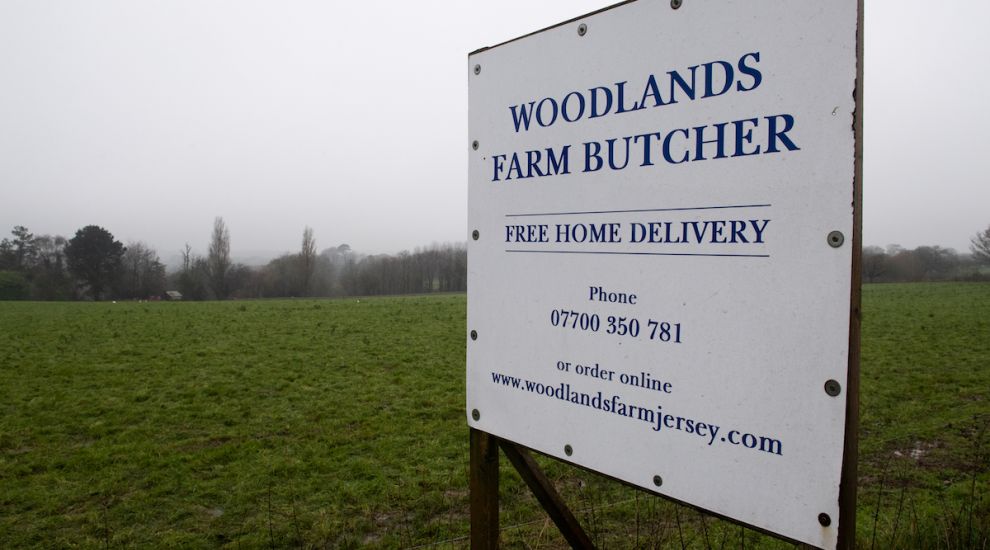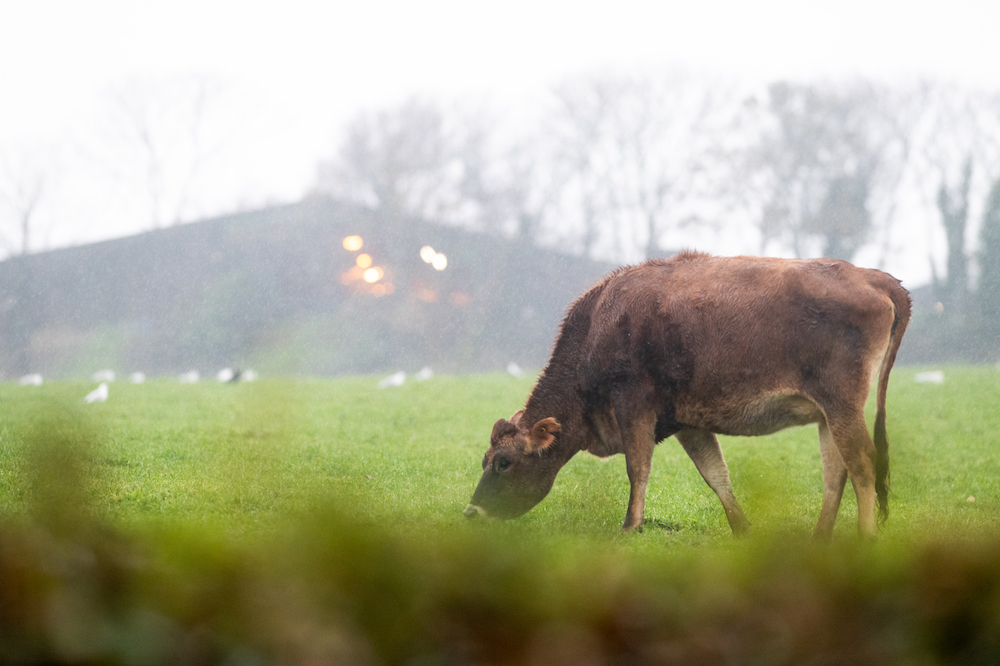


The cause of death of 112 cows which died suddenly at Woodlands Farm in December was "most likely" botulism, the island's Chief Vet has confirmed... But what is it and what causes it?
Tests of the feed given to the cows on Woodlands Farm found no toxins, but toxin-producing bacteria was cultivated from samples. Those tests results, which were analysed by UK scientists, were received last Thursday.
"Botulism has been our main working theory throughout. It's characterised by progressive muscle weakness. Cattle are extremely sensitive to the toxin, and in most cases it is fatal," recently-appointed Chief Veterinary Officer Susana Ramos said.
"Botulism is notoriously hard to test for, and diagnosis is often based primarily on the clinical signs and by ruling out other possible causes.
"Despite no toxin being found, there was the presence of bacterial spores, and we believe that these results, coupled with the exclusion of notifiable diseases, and the signs reported at the time at the farm, all combine to suggest botulism as the most likely cause of death."

Pictured: A cow at Woodlands Farm. (Jon Guegan)
Natural Environment Director Willie Peggie added: "We have been able to rule out a number of causes, by a process of elimination but have not been able to identify the toxin - we were aware from the outset that a conclusive laboratory result might not be achievable.
"We have no reason to believe that there is any further risk to animals, or any risk to the general public."
In the wake of the cow deaths, 33,000 litres of milk produced by the herd were destroyed as a precaution.
The UK Animal and Plant Health Agency defines botulism as a "paralysing disease which kills most affected animals".
"It is caused by a highly lethal toxin which is produced by Clostridium botulinum, a bacterium found in soil, which multiplies in rotting vegetation or carcases. Since 2003 there has been a marked increase in the number of outbreaks of botulism in cattle and sheep in the UK."
When does it commonly occur?
In the UK, the disease is often caused by animals coming into contact with the litter of broiler chickens containing carcass material, which is often brought on to farmland as a source of fertiliser.
Occasionally, large outbreaks occur due to feeding forage being contaminated by the corpses of animals killed during grass cutting.
Farm animals can also be affected when there are outbreaks of disease in wildlife, which then increases the number of carcasses in fields.
Clinical signs of botulism in affected animals can vary from sudden death to animals "becoming stiff, wobbly, and going down before dying." Some become weak and unable to eat or drink.
The onset of symptoms of botulism can be within 24 hours of exposure - though in some cases they can be "delayed by up to two to three weeks, with the majority affected within the first seven days."
The UK's Animal and Plant Health Agency says: "With botulism outbreaks no clinically affected animals or their produce should enter the food chain. This means that meat and milk from clinically affected animals may not be used for human consumption. If there are any recovering animals these should be restricted for 18 days following withdrawal from the suspected source and cessation of clinical signs."
Following the deaths of the Woodlands cows, which equated to 5% of the island's total number of milking cows, more than 33,000 litres of milk were destroyed.
What is the risk to humans?
Although botulism is occasionally identified in people, the risk to humans from affected cattle is considered to be very low as the forms of botulinum toxin that affect the animals very rarely affect humans.
Natural Environment Director Willie Peggie said today there was "no reason to believe" there was currently any risk to the public in Jersey.
Follow Express for updates...
Feed testing still underway as mass Woodlands cow death probe continues
Investigation launched into mystery death of more than 100 cows
Cattle tragedy not caused by any contagious disease
"I've never heard of anything on this scale, anywhere in the world"
"It's been traumatic...it will take some time to get over this"
More tests needed to establish cause of mass cow deaths at Woodlands Farm
Comments
Comments on this story express the views of the commentator only, not Bailiwick Publishing. We are unable to guarantee the accuracy of any of those comments.